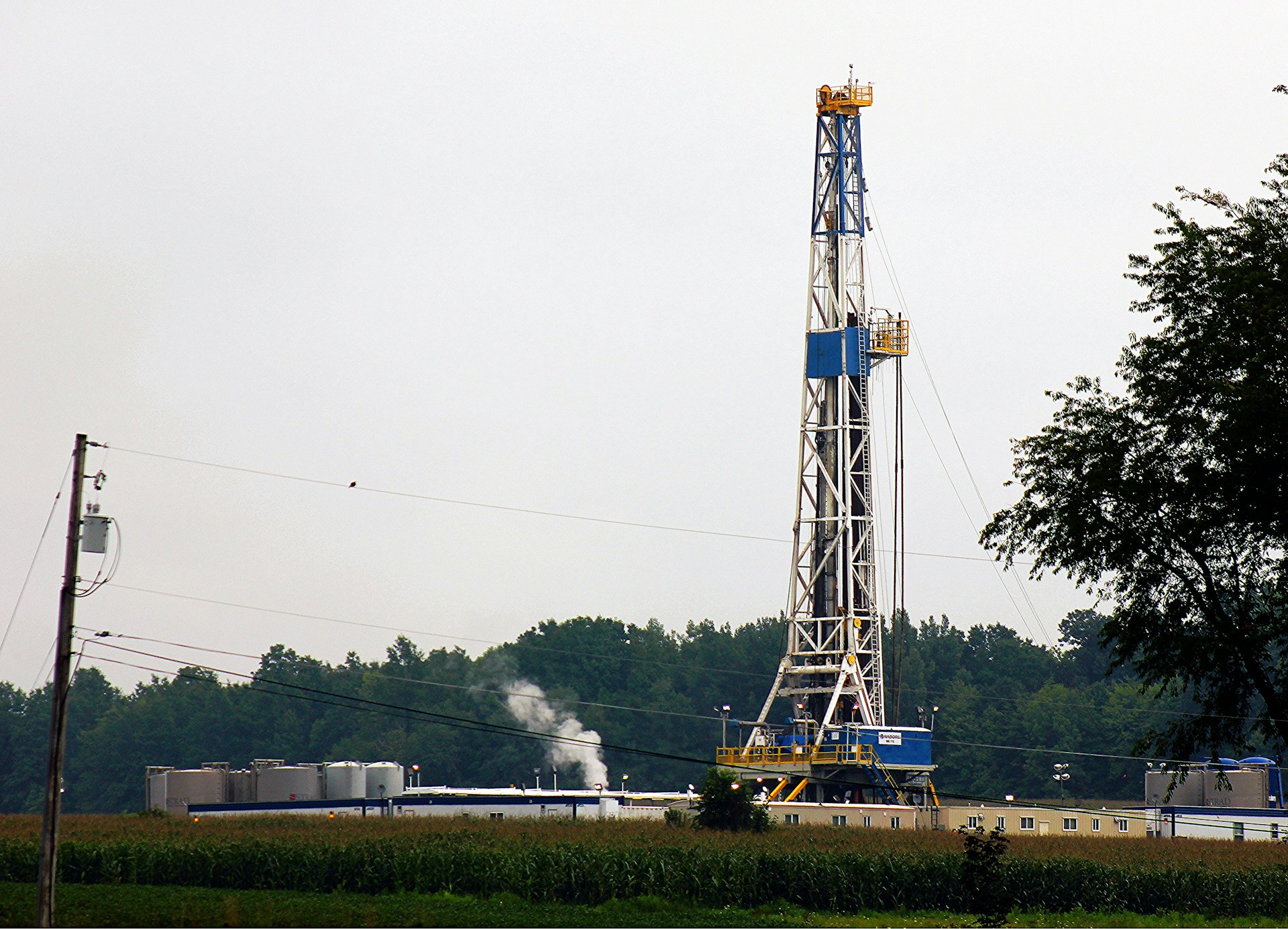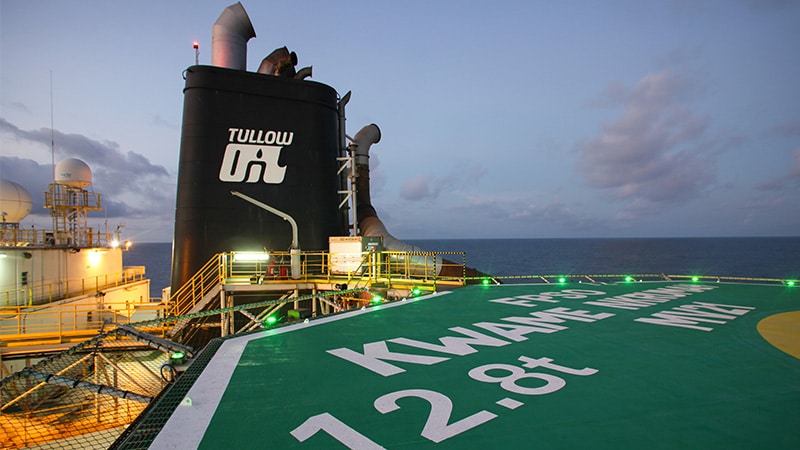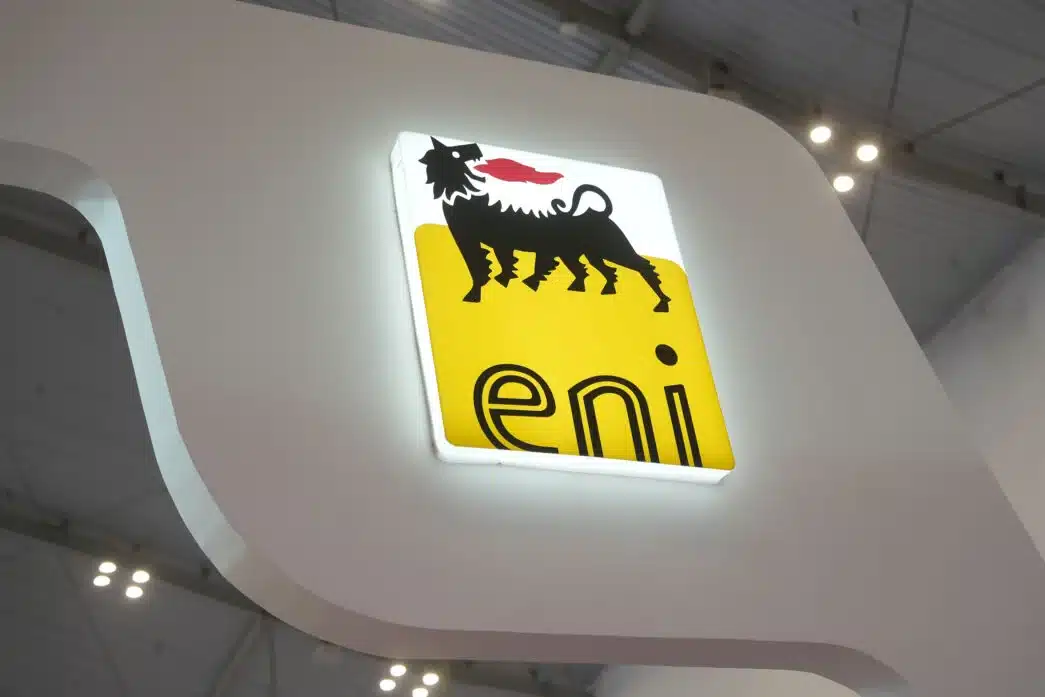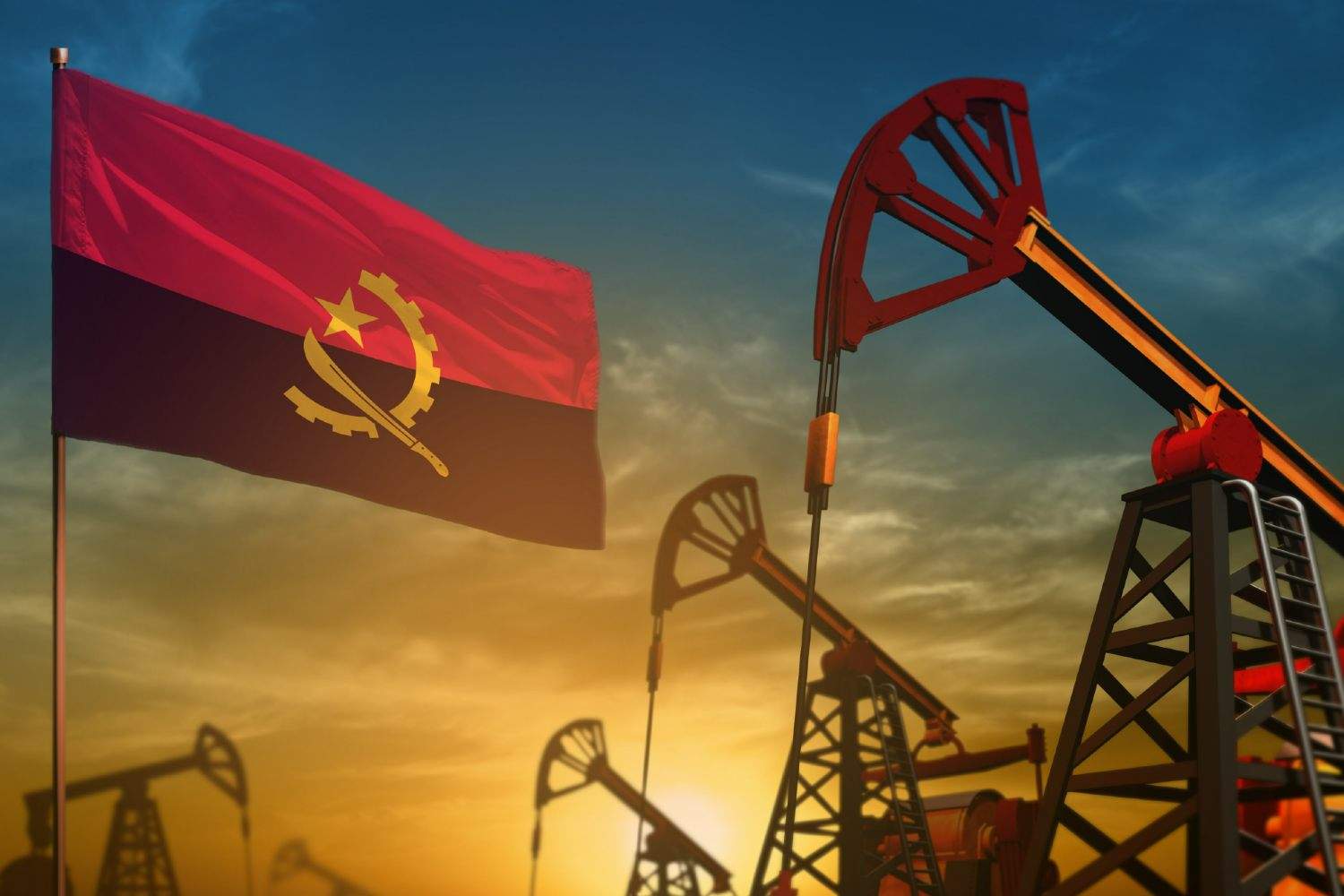South Africa hopes to lift a long-standing ban on shale gas exploration and production in a matter of weeks as soon as new regulations are published this October.
This was revealed by South Africa’s Minister of Mineral and Petroleum Resources, Gwede Mantashe.
“Once those regulations are gazetted, I (will) lift the moratorium,” Mantashe told Reuters. “The economy needs a growth trigger, and oil and gas are those triggers.”
A post-cabinet statement also confirmed the country’s environment minister had finalised shale gas regulations, which would be published before the end of October.
Background: Why the ban was imposed
In 2011, South Africa halted all new shale gas exploration and production applications, largely due to public outcry over the environmental risks of hydraulic fracturing (fracking) in the ecologically sensitive Karoo Basin.
Environmental campaigners warned about concerns like:
- Groundwater contamination
- Seismic activity
- Disruption of local ecosystems
They took legal actions, alongside scientists, pushing for tighter regulations before any drilling could proceed.
As a result, the regulator stopped processing new applications for reconnaissance permits, as well as exploration and production rights.
Why the ban is being lifted now
The government sees shale gas as a potential “game changer” for energy security and economic growth, especially as South Africa grapples with persistent power shortages and a heavy reliance on coal-fired plants.
Gas offers a cleaner alternative to coal which fires most of the country’s power plants and supplies the bulk of its electricity requirements.
More so, the country relies on piped gas from Mozambique to meet the needs of industrial users, even though those fields are fast depleting.
But Mantashe, an advocate of fossil fuels, says the new framework being worked on will outline:
- Environmental safeguards
- Safety protocols for fracking
- Technical standards for exploration
The Karoo Basin: Africa’s shale frontier
South Africa’s Karoo Basin is estimated to hold between 13 and 209 trillion cubic feet (Tcf) of shale gas. This is according to a 2017 study by geologists at the University of Johannesburg.
That’s enough volume to reshape the country’s energy landscape if extraction proves viable and fracking is allowed to continue.
Pretoria is reportedly seeking technical cooperation with the United States to develop shale gas extraction technologies and ensure best practices in environmental management.
Meanwhile, hydrocarbon operators in South Africa are currently in a fix as legal actions by environmental groups continue to delay development of key projects.
Earlier this month, TotalEnergies said it might pull out of several hydrocarbon blocks in the country if the process of receiving exploration permits is delayed further.
Shell is equally facing a similar ordeal with its oil and gas project in the country’s Northern Cape Ultra Deep (NCUD) area.
Environmental groups are seeking to reverse Shell’s right to drill, claiming the company’s environmental impact assessment is flawed.








